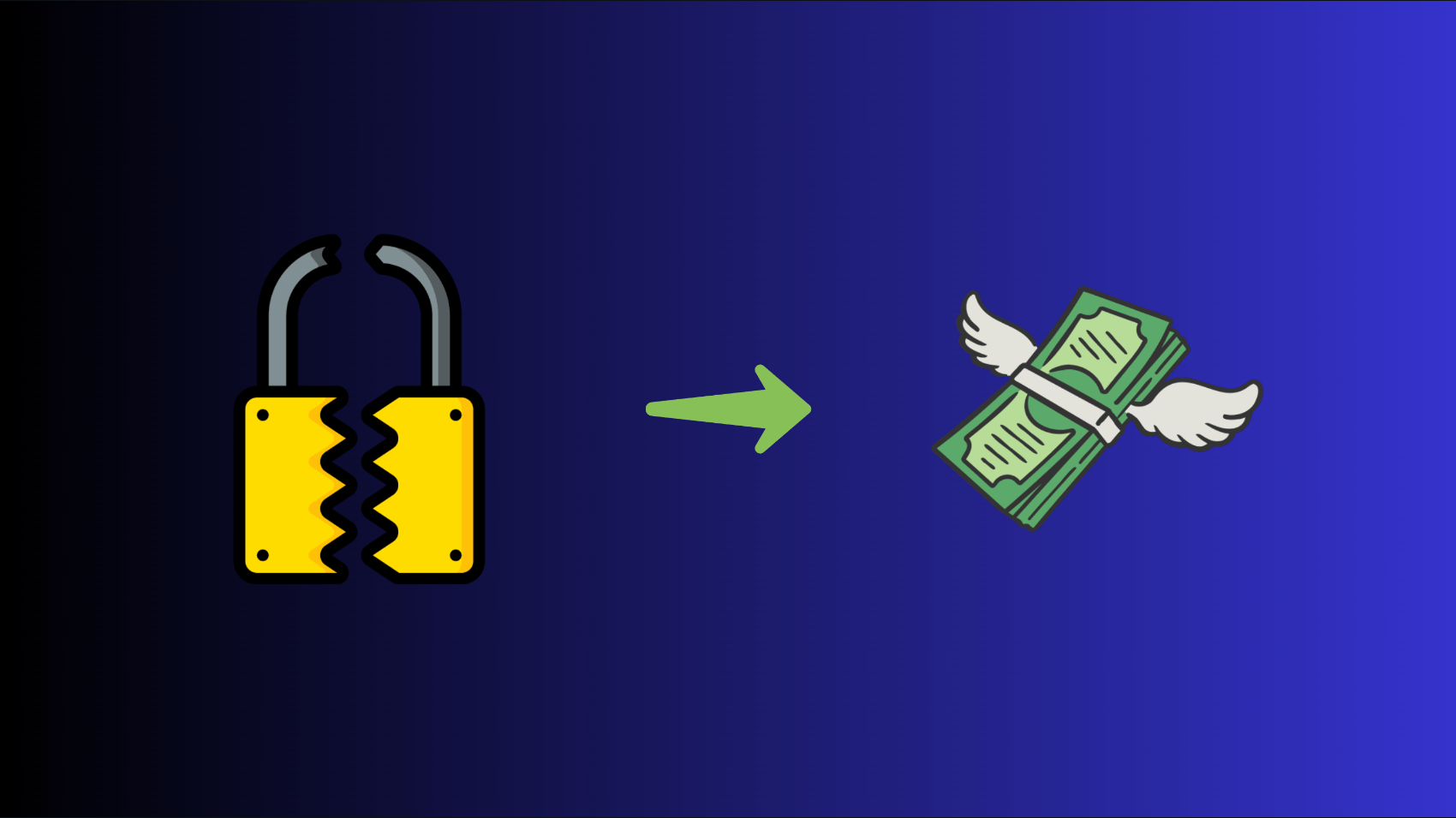The Cost of Ignoring Cloud Security
In this cloud-driven world, infrastructures are mostly maintained on the cloud. While adopting cloud technologies is important to keep up with the trend, strong knowledge of cloud security is equally important. Nothing is free, and the cloud could cost you a fortune if you're unaware of and overlook cloud security.
Let's say you've set up your cloud infrastructure on AWS, just because they are a de facto in the industry doesn't mean your whole infrastructure is risk-free and secured, yes it is secure from their side but we should have knowledge on how to secure it as an end user, that's why they provide the documentations for best practices which includes security as a part. The more you know about the security risks and vulnerabilities, the more you can avoid and mitigate threats they'll cause.
We'll cover two adverse effects that can be caused by ignoring or overlooking cloud security.
Business Loss
By ignoring or overlooking a security risk on an infrastructure level, not only does it affect the infrastructure it will also affect our business reputation among customers, may be subject to data breaches, and also might have to go through fines and legal penalties for not being compliant with a certain security standard. We'll look at each factor briefly below.
1. Business Reputation
When it comes to business organizations, customers' satisfaction and trust are always the top priority and when your business organization has an incident related to security, getting customers into your business won't be easy because you have to get them to trust you with their data because it's all about winning customers' trust end of the day.
2. Data Breaches
Misconfigurations and over-permissioning are just the root cause of data breaches because all it takes is one small misconfiguration we just overlooked out of laziness. It's always worth it to take that extra time to spend on granting only the necessary permission and necessary configuration, enough to secure your/customers' data. Data breaches are becoming increasingly common in the industry nowadays due to these primary reasons we've seen.
Example incidents:
- In 2019, a hacker gained access to more than 100 million Capital One customers' data, all because of a misconfigured AWS WAF (Web Application Firewall). Read more about the Capital One breach
- In 2017, Accenture's sensitive data got leaked, which was stored on AWS S3 buckets. The cause was that the S3 buckets were left open to the public, which made them accessible over the internet. Learn more about the Accenture breach
These are just two of many examples we see on the internet, all these could've been prevented if they just didn't ignore basic cloud security.
3. Fines and Legal Penalties
When it comes to fines and penalties, some regulatory bodies enforce fines for data breaches and other security risks. GDPR, HIPAA, and CCPA are some of the many of them. Each of them has different principles that a business has to comply with.
There are a lot of examples. We'll just go through 2 of them.
- In May 2023, Meta (Facebook) got hit with a whopping $1.3 billion for violation of GDPR, and this is the highest ever fine billed for a data breach as of now
- In 2021, Capital One agreed to pay $190 million for the data breach that occurred in 2019, which we talked about earlier in this blog
For a comprehensive list of major data breach fines and penalties, you can check out CSO Online's detailed analysis of data breach fines and settlements.
Cloud Bill Spikes
We pay for mostly everything in the cloud, so the bill must be monitored, and if any of the credentials for the cloud got leaked, hackers can do whatever they want, and still you will have to pay for it, so the cloud bill will spike like crazy. We'll look at two factors that will make your bill skyrocket.
1. Crypto Mining Abuse
Crypto mining, which is also called cryptojacking, refers to the unauthorized use of cloud resources to mine cryptocurrencies. Usually, cryptocurrencies require high computing power so when a hacker gets hold of your cloud provider credentials, he'll use your account to deploy high-end servers to mine cryptocurrencies, which will make your bills skyrocket in no time.
2. Data Exfiltration
This is also a similar case when a hacker gets hold of cloud credentials or services, he transfers and steals the data from you/your customers. This will cause your bill to spike because of unusual data transfers and resource usage.
Mitigation Techniques
- Always provide the least privileges; it doesn't matter if it takes you time to figure out the necessary and only needed permission, it will always be worth it.
- Perform and maintain regular logging and monitoring, and be on the lookout for any unusual sus activity.
- Do periodic audits to confirm that you're on track and in compliance with proper regulatory standards
- Set budget limits on your bill to control and eliminate the unusual spikes.
Conclusion
That said, we've seen how important cloud security is to keep up with the current trends of cloud services, and it is not something that should be overlooked at any cost, and if it is so what will be the adverse effects you should expect.
Therefore, we should try to follow the security best practices without overlooking or ignoring and it is always worth it to go that extra mile to make the cloud more secure and have that peace of mind.


